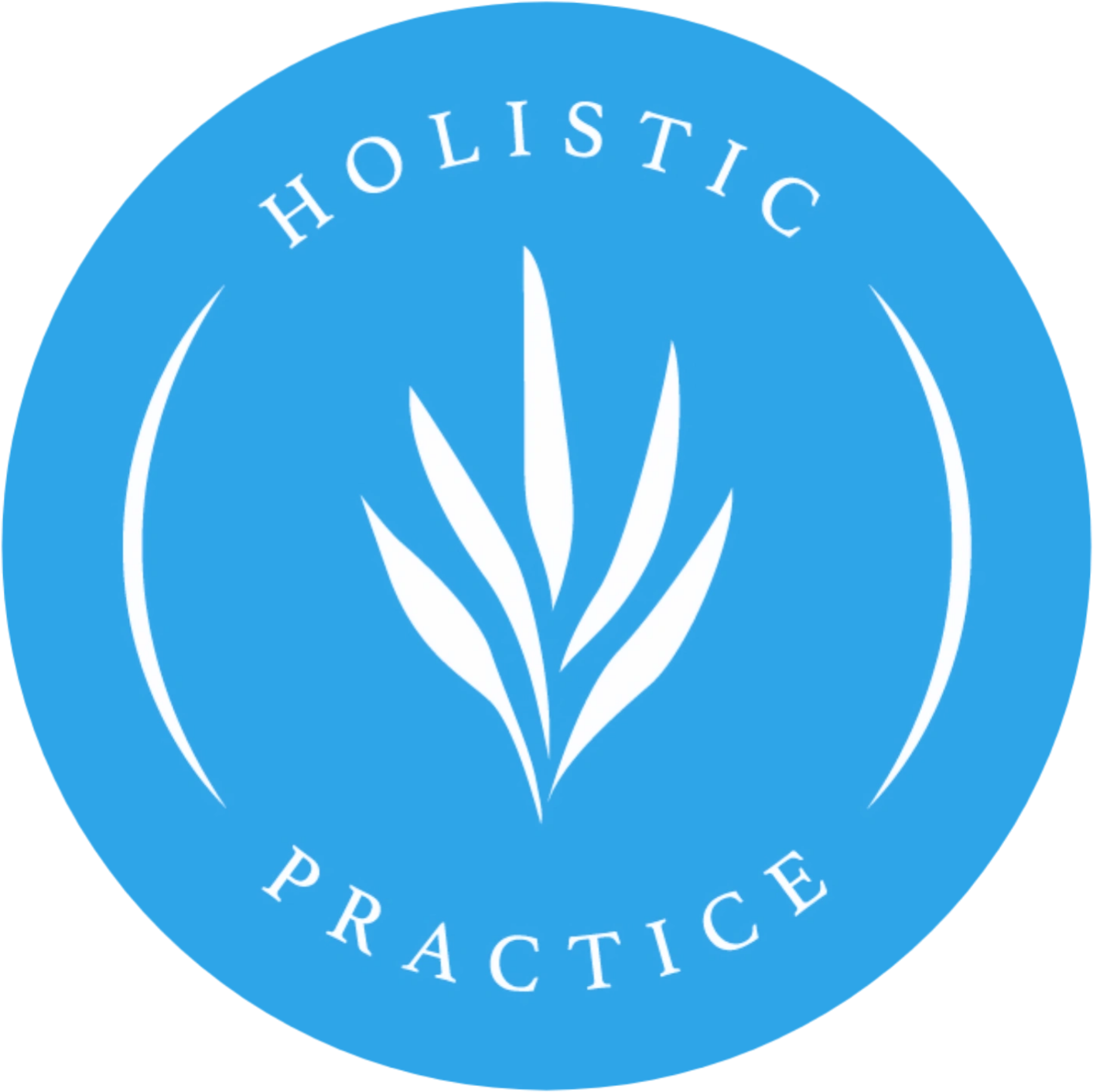
In today's fast-paced world, where stress and unhealthy lifestyles are prevalent, the demand for alternative and complementary medicine is rapidly increasing. Holistic medicine, an approach that considers the whole person—body, mind, and spirit—is gaining significant traction as individuals seek a more integrated and personalized approach to their health and well-being. This comprehensive guide delves into the core principles, practices, and potential benefits of holistic medicine, shedding light on its growing popularity and impact on healthcare.
Understanding Holistic Medicine: A Holistic Approach to Health
Unlike conventional medicine, which often focuses on treating specific symptoms or diseases, holistic medicine takes a broader perspective. It acknowledges the interconnectedness of various aspects of a person's life, including their physical, emotional, mental, and spiritual well-being. This holistic approach emphasizes preventative care and empowers individuals to actively participate in their healing journey.
Core Principles of Holistic Medicine
Several core principles underpin the philosophy of holistic medicine. These include:
- The Body's Innate Healing Ability: Holistic practitioners believe the body possesses an inherent capacity to heal itself. Their interventions aim to support and stimulate this natural healing process.
- Mind-Body Connection: This principle highlights the profound influence of mental and emotional states on physical health. Stress, anxiety, and depression can significantly impact the body's ability to heal, making mental and emotional well-being integral to holistic care.
- Personalized Treatment Plans: Holistic medicine avoids a one-size-fits-all approach. Treatment plans are tailored to the individual's unique needs, considering their lifestyle, genetics, and overall health profile.
- Preventative Care: Rather than solely reacting to illness, holistic medicine emphasizes preventing health problems through healthy lifestyle choices, stress management, and regular check-ups.
- Patient Empowerment: Holistic practitioners encourage patient involvement in their treatment decisions. They empower individuals to take responsibility for their health and actively participate in their recovery.
Common Holistic Medicine Practices
A wide range of practices falls under the umbrella of holistic medicine. Some of the most common include:
- Acupuncture: This ancient Chinese technique involves inserting thin needles into specific points on the body to stimulate energy flow and alleviate pain.
- Herbal Medicine: Using plant-based remedies to treat various ailments has been practiced for centuries. Herbal medicine relies on the healing properties of plants to promote health and well-being.
- Chiropractic Care: This focuses on the diagnosis, treatment, and prevention of musculoskeletal disorders. Chiropractors use spinal manipulation to improve alignment and alleviate pain.
- Yoga and Meditation: These practices combine physical postures, breathing techniques, and mindfulness to reduce stress, improve flexibility, and enhance mental clarity.
- Massage Therapy: Massage manipulates soft tissues to relieve muscle tension, improve circulation, and promote relaxation.
- Naturopathy: Naturopathic doctors use natural therapies to support the body's self-healing abilities. This may include dietary changes, lifestyle modifications, and herbal remedies.
- Ayurveda: An ancient Indian system of medicine that emphasizes balance and harmony within the body. It involves dietary recommendations, herbal remedies, and lifestyle adjustments.
Benefits of Holistic Medicine Practice
The benefits of holistic medicine extend beyond the treatment of specific diseases. It offers a comprehensive approach that addresses the root causes of health problems and promotes overall well-being. Some key benefits include:
- Reduced Stress and Anxiety: Practices like yoga and meditation help manage stress and anxiety levels, positively impacting physical and mental health.
- Improved Sleep Quality: Holistic approaches can address underlying sleep disorders and promote better sleep hygiene.
- Enhanced Energy Levels: By addressing underlying health issues and promoting healthy lifestyle choices, holistic medicine can boost energy levels.
- Pain Management: Techniques such as acupuncture and massage therapy can provide effective pain relief.
- Improved Digestive Health: Dietary changes and herbal remedies can improve gut health and alleviate digestive issues.
- Increased Self-Awareness: Holistic medicine encourages self-reflection and empowers individuals to take control of their health.
Conclusion: Embracing a Holistic Approach to Health
Holistic medicine provides a valuable alternative or complement to conventional medical practices. By integrating various therapies and focusing on the whole person, it addresses the root causes of illness and promotes lasting health and well-being. If you are looking for a more personalized and comprehensive approach to your health, exploring holistic medicine practices may be a beneficial step towards achieving a healthier, happier, and more fulfilling life.
Disclaimer: This article is intended for informational purposes only and should not be considered medical advice. Always consult with a qualified healthcare professional before making any decisions related to your health or treatment.
Disclaimer: This article has been compiled from various sources.
Comments